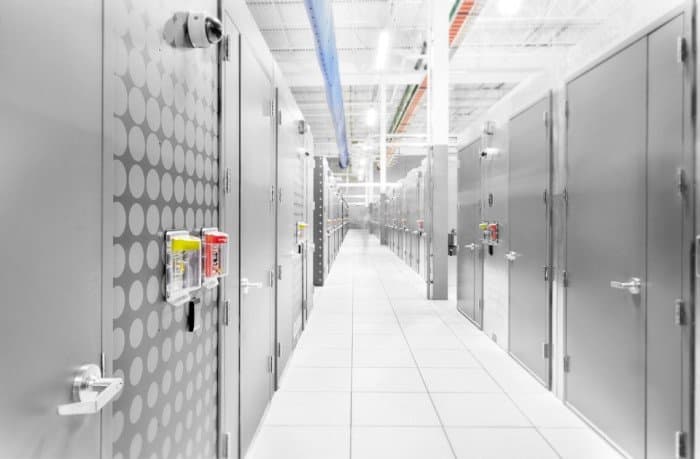
IT administrators looking to save money may consider housing the server and equipment in another company’s data center. As with any decision, there are pros and cons. In this case there seems to be more advantages to colocation, so let’s take a closer look at why you may choose colocation.
What is a colocation provider?
A colocation provider allows companies to rent a space for one or more servers owned by the company in their data center, without the responsibilities that come with owning and maintaining the hardware and software. The customer further benefits from network connections, internet access, and the data centers cooling system.
The pros of using a colocation provider
Aside from the lack of privacy in the data center and the noise made by dozens if not hundreds of servers, colocation providers can be beneficial for many reasons:
- Bandwidth: cost drops considerably because colocation providers benefit from economies of scale compared to your actual cost, especially if you are a small business.
- More flexibility if you ever decide that you need more bandwidth.
- Colocation providers will have a redundant network connection as well as uninterruptible power supply (almost all colocation providers have generators).
- When the server and software need to be updated, it’s done no delays.
- Having the server(s) at the colocation providers secure premises means a higher level of security.
- If your company decides to relocate the office, your server(s) are never displaced and remain running 24/7.
The cons of using a colocation provider
- Compared to basic hosting, a colocation provider can be more expensive.
- The cost is dependent on bandwidth and therefore can vary on a month-by-month basis.
- You are required to have some IT experience as you are the only one responsible for your hardware and software you are leasing space, not paying for services necessarily (services cost extra).
- If ever you need to work on the servers hardware, you’ll have to travel to the location center.
- The colocation provider may set restrictions and it is important that you are aware what these may be! You may be limited to enter the building only during specific hours of the day!
What to consider when looking for a colocation service provider
According to CenturyLink there are 6 items that one must consider when shopping around for colocation services. A brief summary of the six considerations is provided below. If you require a more in-depth look, click here.
- Flexibility: Find a colocation provider that offers additional services in case the business needs to grow and the company needs to expand.
- Location: This is clearly an important consideration for convenience in case you need to physically work on the server. Also, if the provider is nearby, data latency and replication issues are diminished.
- Connectivity: This is of primary importance, the colocation provider must have a redundant connection and it would be best to find a provider who owns a network.
- Security and compliance: Colocation providers are cognizant of physical and network security and most of them (if not all) are already optimized for that (just to be safe, verify that their infrastructure and policies are compliant and align well with your companys policies).
- Support services: Examine the SLA and make sure it addresses your requirements when it comes to support and infrastructure.
- Power and cooling: The provider must offer 100% uptime for power and backup power in the SLA there must be no compromising on this!



